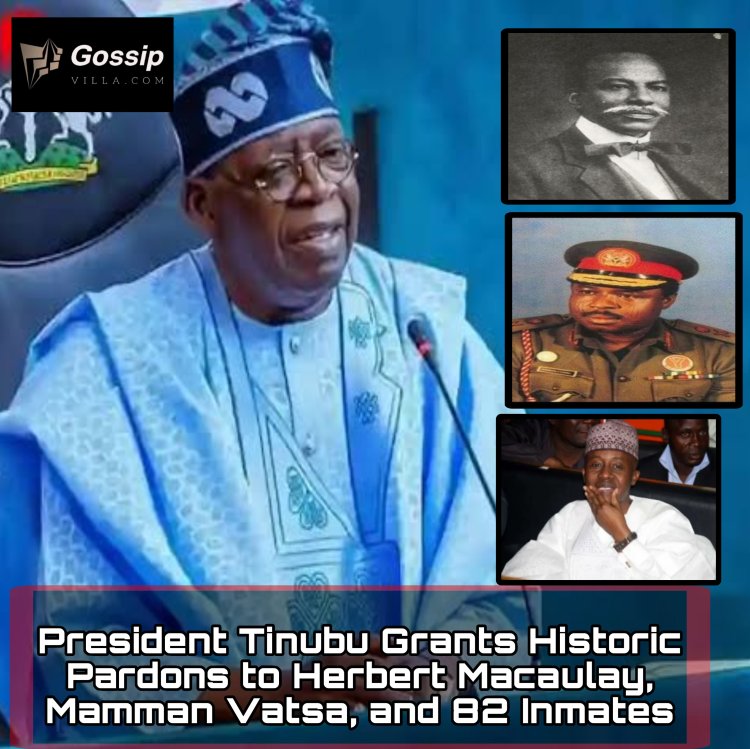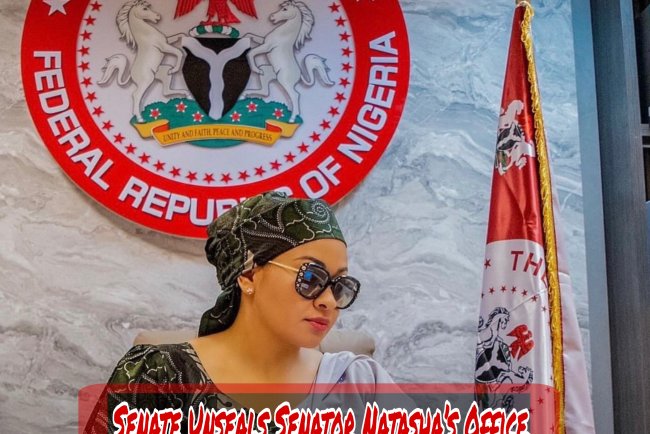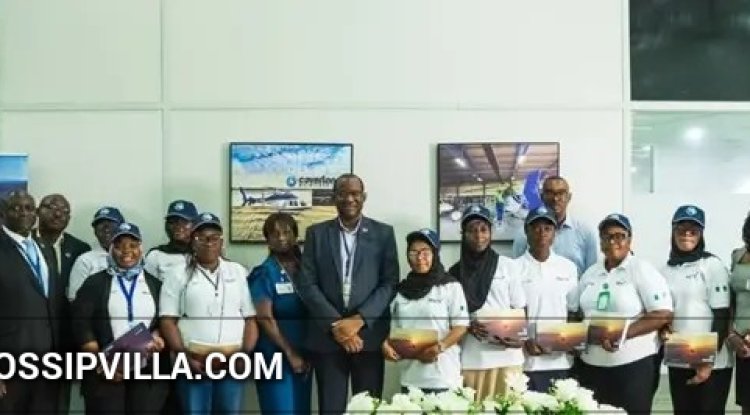President Tinubu Grants Historic Pardons to Herbert Macaulay, Mamman Vatsa, and 82 Inmates
President Bola Tinubu has granted posthumous pardons to Herbert Macaulay, Mamman Vatsa, and the Ogoni Nine, alongside clemency for 82 inmates and sentence reductions for others

President Tinubu Grants Historic Pardons to Herbert Macaulay, Mamman Vatsa, and 82 Inmates
In a landmark move toward justice reform and national unity, President Bola Ahmed Tinubu has granted posthumous pardons to prominent Nigerians, including Herbert Macaulay and Major-General Mamman Vatsa, while extending clemency to 82 inmates across Nigeria’s correctional facilities. This decision, announced after a National Council of State meeting in Abuja, reflects the administration’s commitment to compassion, rehabilitation, and reconciliation.

Key Figures Pardoned
Herbert Macaulay
Widely regarded as the “father of Nigerian nationalism,” Herbert Macaulay was convicted by colonial authorities in 1913, barring him from public office. This posthumous pardon, nearly eight decades after his passing, honors his legacy as a pioneer of Nigeria’s independence movement.
Major-General Mamman Vatsa
A celebrated soldier and poet, Mamman Vatsa faced conviction in 1986. His posthumous pardon aims to restore his dignity and provide closure to his family and supporters, acknowledging his contributions to Nigeria.
Farouk Lawan and Others
Former House of Representatives member Farouk Lawan, alongside individuals like Anastasia Daniel Nwaobia and Hussaini Umar, received clemency after demonstrating remorse and rehabilitation during their incarceration.
The Ogoni Nine
The pardon of the Ogoni Nine, including environmental activist Ken Saro-Wiwa, executed in 1995, marks a significant step toward healing in the Niger Delta. This gesture underscores Nigeria’s efforts to address historical grievances and promote unity.
Details of the Clemency
The Presidential Advisory Committee on the Prerogative of Mercy (PACPM) reviewed 294 applications and conducted nationwide prison visits to ensure a fair process. The clemency exercise benefits 175 individuals in the following categories:
• 82 inmates granted full pardons
• 65 inmates received reduced sentences
• 7 death row inmates had sentences commuted to life imprisonment
• 21 posthumous pardons, including Macaulay, Vatsa, and the Ogoni Nine
This initiative aligns with President Tinubu’s broader agenda of prison decongestion and justice reform.
How the Decision Was Made
Under Section 175 of Nigeria’s 1999 Constitution (as amended), the President has the authority to grant mercy upon the Council of State’s recommendation. The PACPM, led by Attorney General Lateef Fagbemi (SAN), applied clear criteria to select beneficiaries, including:
• Age (60 years and above)
• Terminal or serious health conditions
• Demonstrated good conduct and remorse
• Prolonged imprisonment without parole
• Cases of historical or colonial-era convictions
The Council of State reviewed and endorsed these recommendations, ensuring transparency and fairness.
Why This Matters
President Tinubu’s administration has positioned this clemency as a cornerstone of its justice reform and national reconciliation efforts. For families of figures like Macaulay, Vatsa, and the Ogoni Nine, these pardons offer closure and recognition of their loved ones’ contributions.
The initiative also promotes a more humane justice system, prioritizing rehabilitation over punishment. By reducing prison overcrowding, it provides opportunities for reformed inmates to reintegrate into society, fostering hope and renewal.
Public reactions are mixed. Many Nigerians applaud the move as a compassionate step toward unity, while others call for equal focus on lesser-known inmates. Regardless, this clemency exercise stands as one of the most significant in Nigeria’s democratic history.
Looking Ahead
President Tinubu’s pardons and clemency grants signal a commitment to a balanced justice system that values both accountability and compassion. If sustained, such efforts could enhance public trust, reduce prison congestion, and promote national healing.
This historic decision not only honors Nigeria’s past but also paves the way for a more inclusive future. Stay tuned for updates on how these reforms continue to shape the nation’s justice landscape.
Sources:
What's Your Reaction?




















